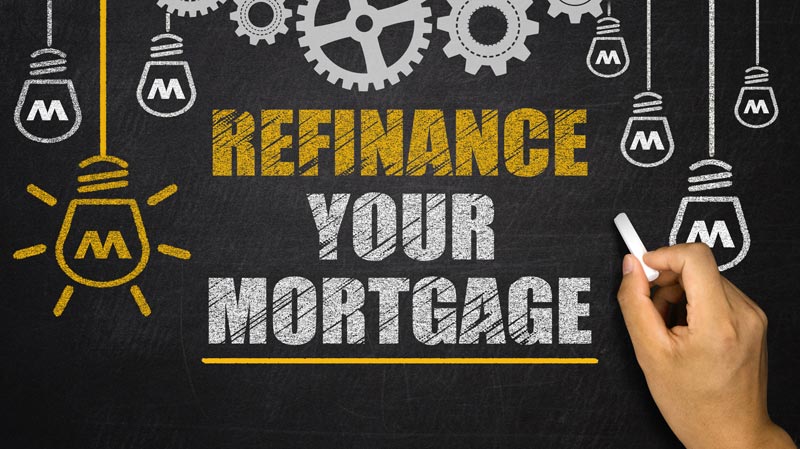Commercial Mortgage Refinance: 5 Essential Tips and Tricks
Mortgages are on the rise. At the same time, rates are higher than they have been in several years.
Does that make now a bad time for a commercial mortgage refinance? No. Current commercial mortgage rates are still historically low. Here are some tips for a commercial loan refinance.
Why Choose a Commercial Mortgage Refinance?
One of the best ways to save on the cost of your mortgage is to refinance at a lower rate. If your current mortgage has an adjustable rate, and rates drop, refinancing would save you money as long as the fees do not undo your savings.
Lengthen Terms
Sometimes, lengthening the terms of your commercial mortgage reduces your mortgage payments. Extending a term from 3 to 25 years would reduce your payments.
It would also relieve any straining you may be having on your small business cash-flow.
Pop the Balloon
If you have a balloon mortgage, your smaller payments end with a large payment to cover the full remaining amount.
Rather than get stuck making such payment, commercial property owners will refinance. The new mortgage will be a fixed rate.
Cash-Out Refinance
Perhaps your commercial property is worth more than your mortgage balance. You could access that equity with a cash-out refinance loan. This option would boost your cash-on-hand. You could also use the funds to build up the business.
One of those reasons may prompt you to seek a commercial real estate refinance. Here are some tips.
1. Repair Your Credit
Before you approach a lender, review your credit. Pay off any debt or arrange a payment plan for larger balances. Doing so proves to lenders that you are working on your credit issues.
2. Seek a Reputable Lender
Shop around for lenders offering favorable refinancing packages. Focus on lenders committed to customer success through a transparent lending experience.
3. Collateral and Down Payment
If you are able, put down extra collateral on the refinance. It makes all the difference in both the interest rate and loan term.
You can also bump up your down payment. That will improve the loan-to-value ratio. That may get you over the lender’s required threshold for approval.
4. Changing Loan Terms
You may be refinancing because you cannot pay off your existing commercial property loan. If so, the lender may not offer your preferred loan structure. It may not be as favorable as your original loan package.
5. Prepare for Fees and Finance Charges
A new loan means new fees and finance charges. Is it feasible to refinance your commercial loan?
Appraisal and Closing Costs
Any real estate you put up as collateral need an appraisal. The cost for commercial appraisals is higher than residential. Plan to spend $2,000 to $4,000. Closing costs bring an added fee of $1,000 or more.
Origination Fees
Banks add a half percent to 1 percent “origination fee” to offset the cost of setting up the new loan. You can negotiate this. Banks may waive it if they know you are gathering offers from other banks.
Other Expenses
Inspections, title searches, surveys, and more are all required to refinance the commercial property. Request an estimate of total expenses. You will also need to know which are due before closing and which roll into the loan.
When the Math Works in Your Favor
Once you have done the math, your solution may be to refinance, whether it be for a lower rate or opportunity to expand your business using your equity.
If you are considering a commercial mortgage refinance in New Jersey, please contact us.
Penn Commercial Capital can help you secure your next round of financing or business loan in an efficient and ethical manner. We’re proud to champion the small businessperson and can finance clients seeking loans from as little as $100,000 up to $100 million.

